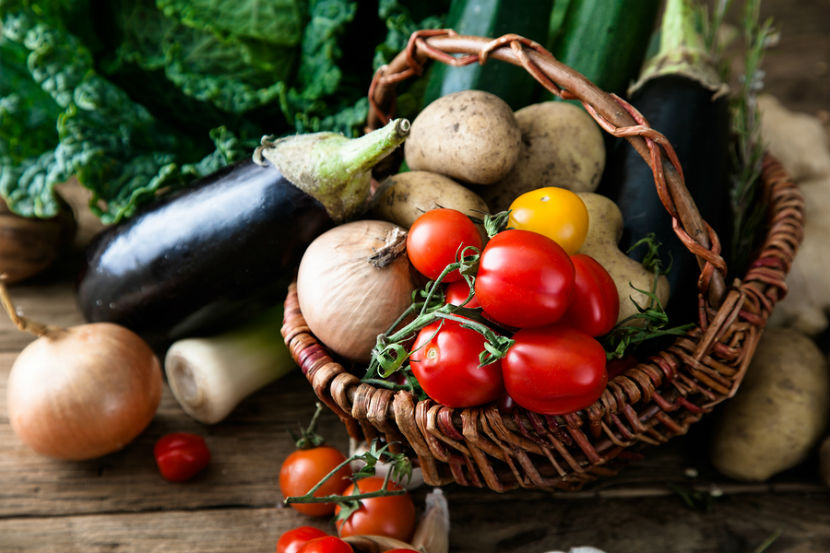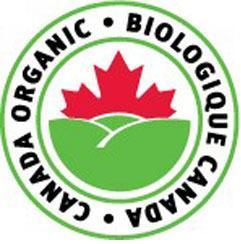
Organic foods are becoming more popular. Have you wondered what the difference is between organic and non-organic foods? People choose organic foods for different reasons. Read on to learn all about organic foods.
What’s the difference between organic and non-organic foods?
The difference between organic and non-organic (conventional) food has to do with how food is produced. For example, organic food like vegetables, fruit, eggs, milk and meat is produced without:
Non-organic farmers may use some organic farm practices as well.
Do organic foods have less pesticide residue than non-organic foods?
It is not yet known. Natural or plant-based pesticides may still used in organic food production.
How are organic foods regulated?
Organic foods are regulated by the federal government under the Organic Products Regulations and must meet the Canadian Organic Standards (COS). 
Organic foods that meet these standards can use the Canada Organic Logo on their packaging. Using this logo is voluntary.
How are organic foods monitored?
The Canadian Food Inspection Agency (CFIA) monitors and enforces the Organic Products Regulations.
Are organic foods more nutritious?
There is not enough evidence to say that organic foods are more or less nutritious than non-organic foods. Foods like vegetables, fruit, whole grains, lean meats, low fat dairy products, legumes and eggs are all nutritious whether they are organically grown or not.
Do organic foods taste better?
Some people may find that organic food tastes better because it may be fresher if it’s locally produced.
Is organic food more expensive?
In general, organic food may cost more money than non-organic food. Organic meats tend to be the most costly.
Bottom line
Eating organic food is a personal choice. People choose organic food for different reasons. Whether you choose organic or non-organic food, you can still eat healthy. Choose plenty of vegetables, fruit, whole grains, lean meats, low fat dairy products, legumes and eggs.
You may also be interested in:
Understanding genetically modified foods
Hormones and antibiotics in food production
What you need to know about pesticides
Facts on pasteurization
Last Update – December 3, 2018